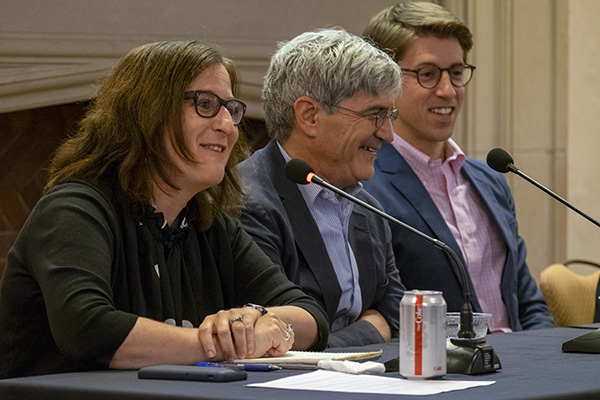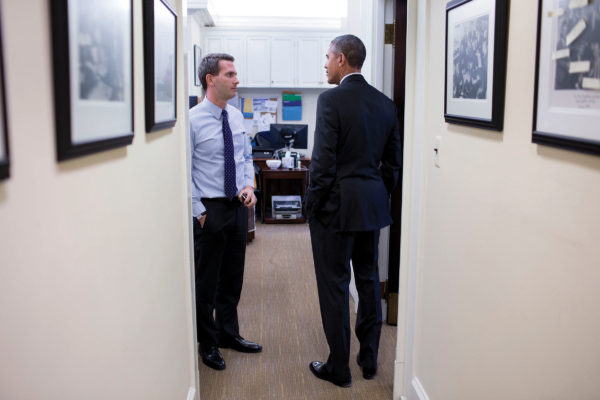Award-winning journalist Laura Meckler, AB ’90, has decades of experience reporting on social and political issues. She began her journalism career at WashU’s Student Life before graduating to a newspaper job in Canton, Ohio. Then came stints at the Associated Press in Canton, Ohio, and in Washington, D.C.; at The Wall Street Journal; and her current job as national education reporter for The Washington Post.

Yet, it turns out, one of the most significant stories of her career was in her hometown, in the Cleveland, Ohio, suburb of Shaker Heights. That’s where what began as a long-form story on the city’s well-known history of racial equity and school integration turned into a five-year journey writing Dream Town: Shaker Heights and the Quest for Racial Equity (Macmillan 2023).
Established in the early 20th century, Shaker Heights had long been viewed as a model for fair housing and, since the 1970s, school integration. But over time that model proved to be a challenge, and Meckler went home to learn why.
In taking a deep dive into how Shaker Heights grappled with decades of trying to do the right thing for all its citizens, Meckler tackles complexity and nuance chapter by chapter with one simple reporter’s tool: the power of story. Each chapter of Dream Town is anchored by an individual who made a difference in the Ohio suburb — sometimes for better and worse, at the same time.
“This story exists in that messy middle where people aren’t all villains and aren’t all heroes,” Meckler says. “There are good people trying hard and making mistakes; there are people making progress, and those not making enough progress. I wanted to paint a portrait of what racial equity looks like when you actually try,” Meckler says.
Dream Town is the story of a community that made mistakes but has managed to become a place where racial equity remains part of the conversation. While she admits in the book that Shaker Heights is far from perfect, Meckler, through years of reporting experience, is able to make the city and its characters accessible.

“Everything was so familiar,” she says. “I’d turn a corner in my old high school, and there’d be a poster or a smell I’d recognize, or I’d meet up with one of my old teachers. I felt like I was home. But I was coming back as a reporter, so I was able to ask hard questions, to step back and look at things much more analytically.
“Marrying those two things — the personal feeling of really caring about this place with my skills as a reporter and the ability to detach — brought joy to writing this book.”
It’s a story 70 years in the making, and one of Shaker Heights’ own is telling it, even challenging her own notions of growing up in the community as a white, Jewish Gen Xer. In doing so, she has laid out a roadmap for other communities to follow, if they are willing to try.
“My conclusion is a positive one about what this community has done and is trying to do,” she says. “But there is a lot of struggle here, too. And there are things that have not succeeded, and I don’t flinch at telling that story as well.”


